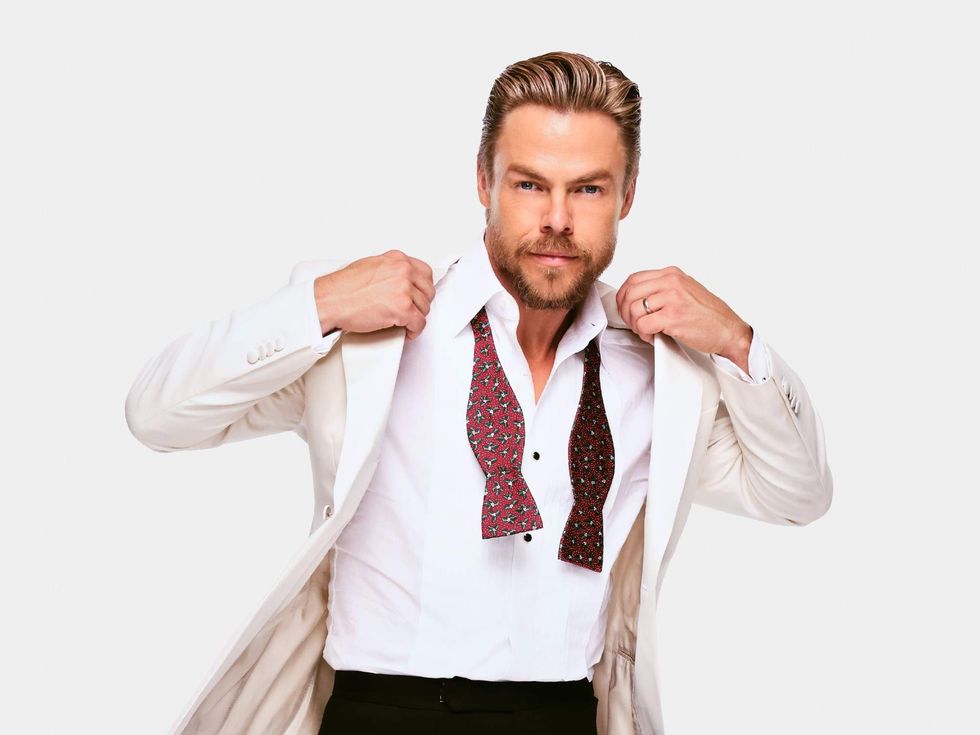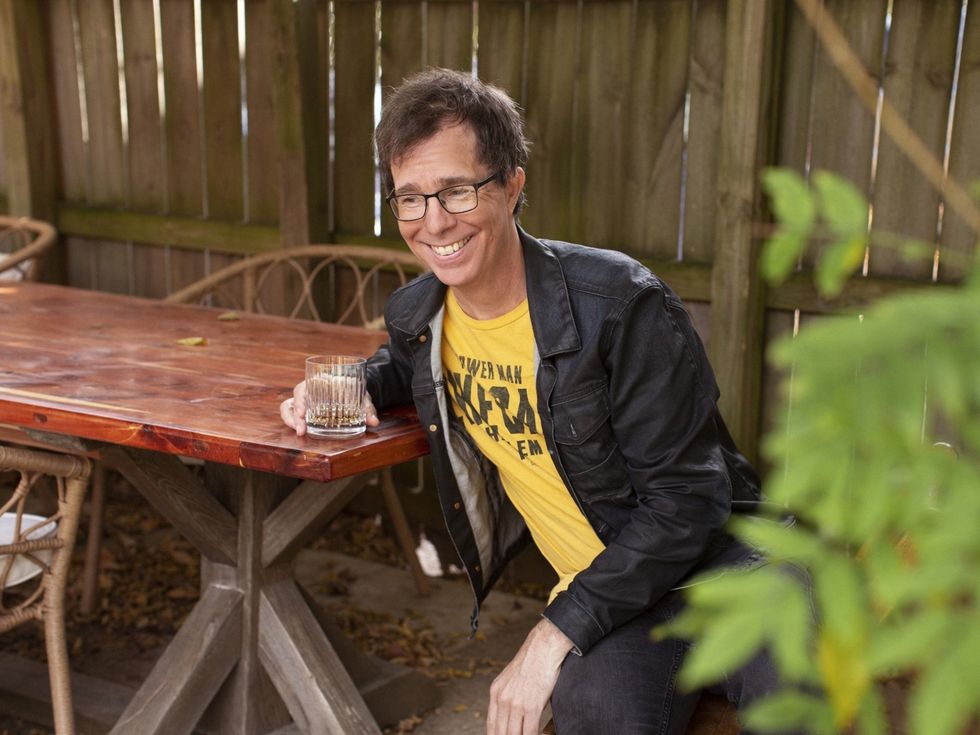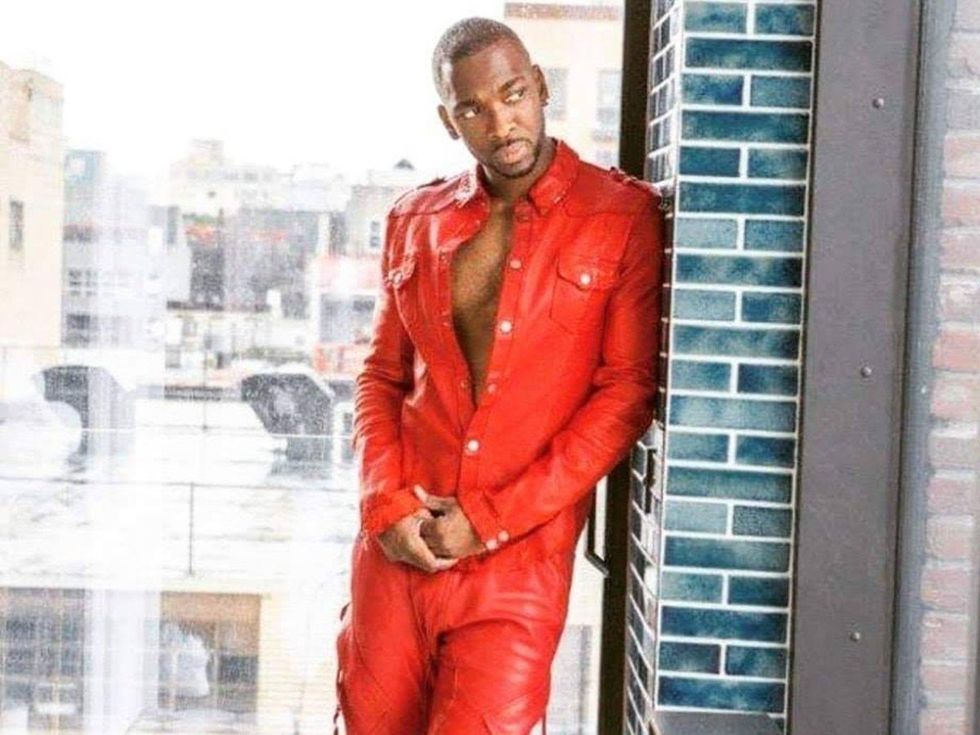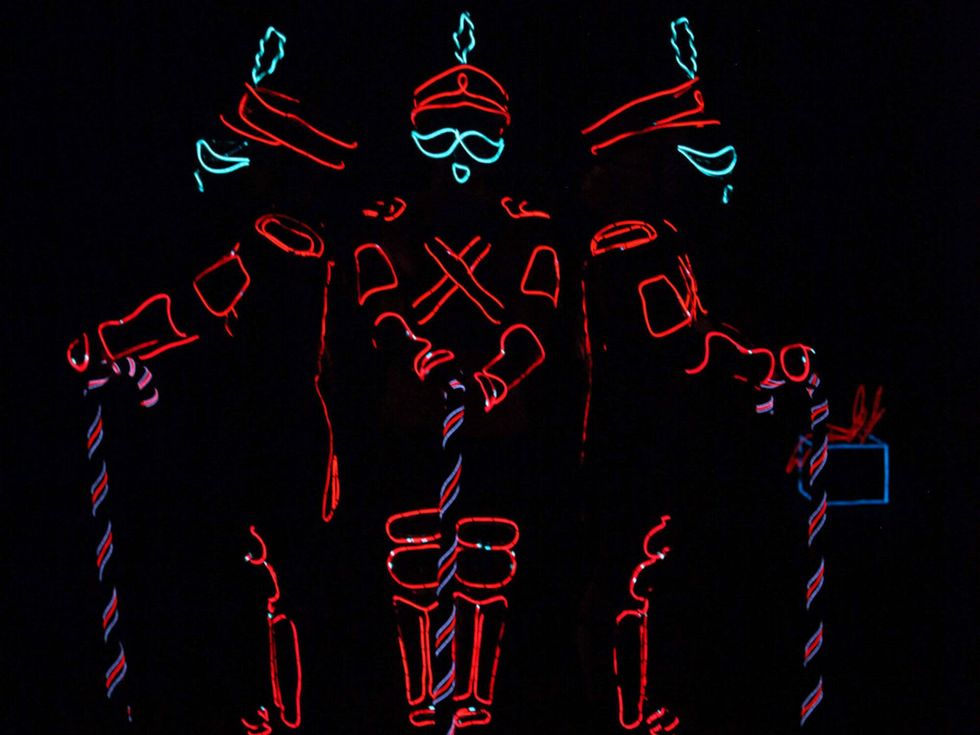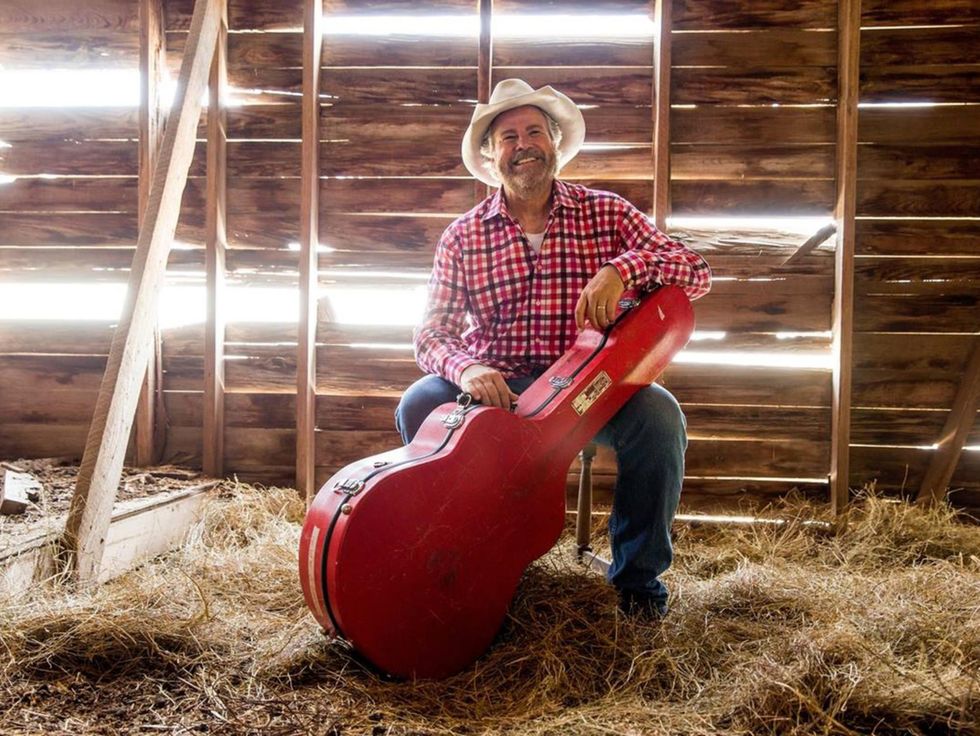Lone Star Film Festival Insight
The Cooler Bandits goes beyond criminal justice to explore friendship behind bars
Editor’s note: CultureMap has partnered with the Lone Star Film Festival to publish a series of filmmaker interviews conducted by LSFF organizers.
From 2006-2013, The Cooler Bandits followed the journey of four friends in four stages of incarceration who were struggling to confront their future after two decades in prison. The film screens at the 2014 Lone Star Film Festival in Sundance Square on Saturday, November 8.
In advance of that, Lone Star Film Festival organizers spoke with director John Lucas about the genesis of the documentary, the length of production and some of the deeper themes in the film.
Lone Star Film Festival: Who are the “Cooler Bandits”?
John Lucas: Charlie Kelly, Richard “Poochie” Roderick, Donovan Harris and Frankie Porter, who as teens in 1991 committed a series of restaurant robberies in Akron, Ohio. They are men who made mistakes as teens, felt the long arm and heavy hand of the law, served collectively to date three-fourths of a century incarcerated, paid the price for their mistakes, and simply want a chance to reenter society and live productive lives.
LSFF: How did you get involved with this story?
JL: In 1985, through a mentoring program, I became the “big brother” to Richard's cousin Charles. I met Donovan and Charlie as well, as they were all friends of Richard's.
LSFF: You were able to capture very personal moments between your subjects. Did it take a long time for you to develop a relationship with your subjects, or were they open to you and your cameras from the start?
JL: Since I knew Charlie, Donovan and Richard long before 1991 and have been involved in their lives ever since, we had a connection, a history and a friendship that enabled us to be comfortable and familiar around each other. Frankie I met in 2007 when I began filming.
LSFF: This story covers such a large time span. Can you talk about the complete production process and the challenges in seeing it through?
JL: We were in production filming from 2006-2013. Honestly it didn't seem like seven years. We worked on a very lean budget for the first three to four years. I think that was a good thing. Since we had little funding, I would concentrate on making sure I was there for pivotal moments in the men's lives — parole hearings, funerals (unfortunately), reunions, etc.
I think if I had a budget in place prior to production, I would have shot more early on and would have run out of money when I really needed it toward the end of production when much more was happening, visually and emotionally. I would have been tempted to use funds earmarked for post-production.
In 2011, we received a documentary film grant from the MacArthur Foundation. This took us through the end of production and through most of post. We scrambled for finishing funds (music rights, a composer and our online edit). Since the production through post took eight years, some folks came and went, so it was critical that I kept my vision throughout. I never gave too much control over the production to anyone else.
It was difficult at times to keep going. All along the way I would be advised to end production and start post, but I wanted that arc in the men's lives to come across in the film. The sense of time, a sort of waiting as the men incarcerated were waiting. So it's slow and quiet through the first half and then a lot happens in a rather short period of time.
As far as the production itself, it's a deeply personal film, and it was difficult to know if I was doing the right thing by filming some very personal moments, tragic moments. I decided to shoot first and ask the questions in post.
LSFF: Deeper than a criminal justice film, The Cooler Bandits is heavily about friendship. Is this theme something you expected from the beginning, or did it develop with production?
JL: It developed early on in my choices during production. I always felt I was making a film about friends. We had a friendship, but there was this intensely deep bond that the men had forged through the fires of decades of incarceration. Three of the men served the bulk of their time in the same institution.
For decades, I watched them grow up in prison and evolve into the men they are today. At the same time I felt society hadn't evolved as much as the men have. The dominant narrative was/is still that black males are either criminals or predestined to become one.
They are looked at as a collective. America has always feared the black male body, has been at war with it. As the bodies continued to fall — Trayvon Martin, James Byrd, Amadou Diallo, Sean Bell — I felt I was in the position to make a film that didn't fit this narrative.
Folks love the story of the guy who did 20 years for a crime he didn't commit. That's an easy one to wrap your head around and get behind. But our prisons are not predominantly filled with innocent people. So why not make a film about what America fears most: young black males who stuck guns in people's faces and robbed them? And let these same men make the argument for themselves by the lives they have led. They deserve to be judged as individuals, not a collective predestined for incarceration.
I grew up understanding that "you did the crime, you did the time," and that you are not the sum total of your worst choices. That being said and as you noted, it isn't really a social justice or criminal justice film. It's a film about friendship. All the other stuff is there but just not front and center. I hope the film peels back the layers of statistics and brings forth the complex humanities that we all can connect to.
LSFF: How did the subjects react to the film once it was finished?
JL: Well, we are still friends. As for anyone who watched a film about his or her life, it was a bit surreal. It's a difficult film for Frankie's family to watch since they are still looking at decades before his first parole hearing. There are tragic moments in the film that I think for someone personally connected to the moment they never truly get used to watching.
---
The 2014 Lone Star Film Festival takes place November 5-9 in Sundance Square in Fort Worth. For more information, visit the festival website.


